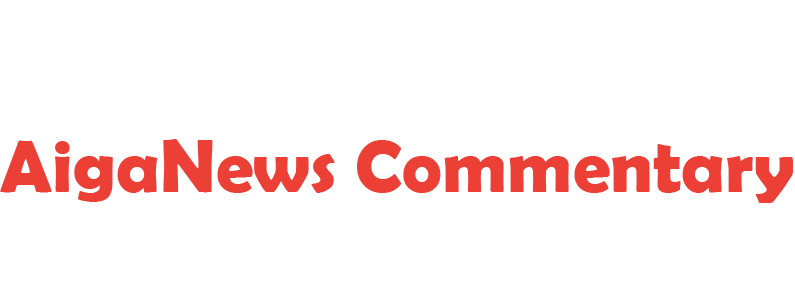The genocidal Ethiopian and Eritrean armies along with an assortment of marauding forces belonging to the Amhara expansionist region have committed and continue to commit heinous atrocities against the people of Tigray residing in Western Tigray, and parts of North-Western, Central and Eastern Tigray that remain under the brutal occupation of Amhara expansionist forces and the Eritrean army.
As documented by mandated institutions and media outlets, these forces have committed acts of
genocide, systematically gang-raped women and girls, massacred civilians, engaged in ethnic cleansing, decimated Tigray’s economy, destroyed socio-cultural institutions, used hunger as a weapon of war and deliberately vandalized service-providing infrastructure.
Against this backdrop, the Government of Tigray is profoundly disturbed by the reckless decision
of the United Nations Office for the Coordination of Humanitarian Affairs (UNOCHA) to incorporate occupied territories in Western Tigray—Wolkayit, Tegedie, and Setit Humera—into Amhara regional State in its latest situation report, issued on April 29, 2022. By appearing to legitimize the forcible seizure of legitimate Tigrayan territories, OCHA has dangerously deviated from its basic mission of facilitating humanitarian operations around the world. By intentionally or unintentionally putting its imprimatur on the illegal and illegitimate seizure of Tigrayan territories, OCHA has acted outside the bounds of its institutional mandate in violation of the UN Charter, and General Assembly and UN Security Council resolutions.
OCHA’s unfortunate claim, retracted since, would amount to the willful endorsement of the illegal
annexation of a constitutionally recognized Tigrayan territory, further complicating efforts to bring
the current conflict to an end through peaceful means.
Finally, the Government of Tigray calls upon the UNOCHA, and other UN entities and organizations to consistently uphold their mandate, condemn the annexation of Western Tigray along with the attendant violations of international humanitarian law as well as international human rights law and use the constitutionally recognized nomenclature.
